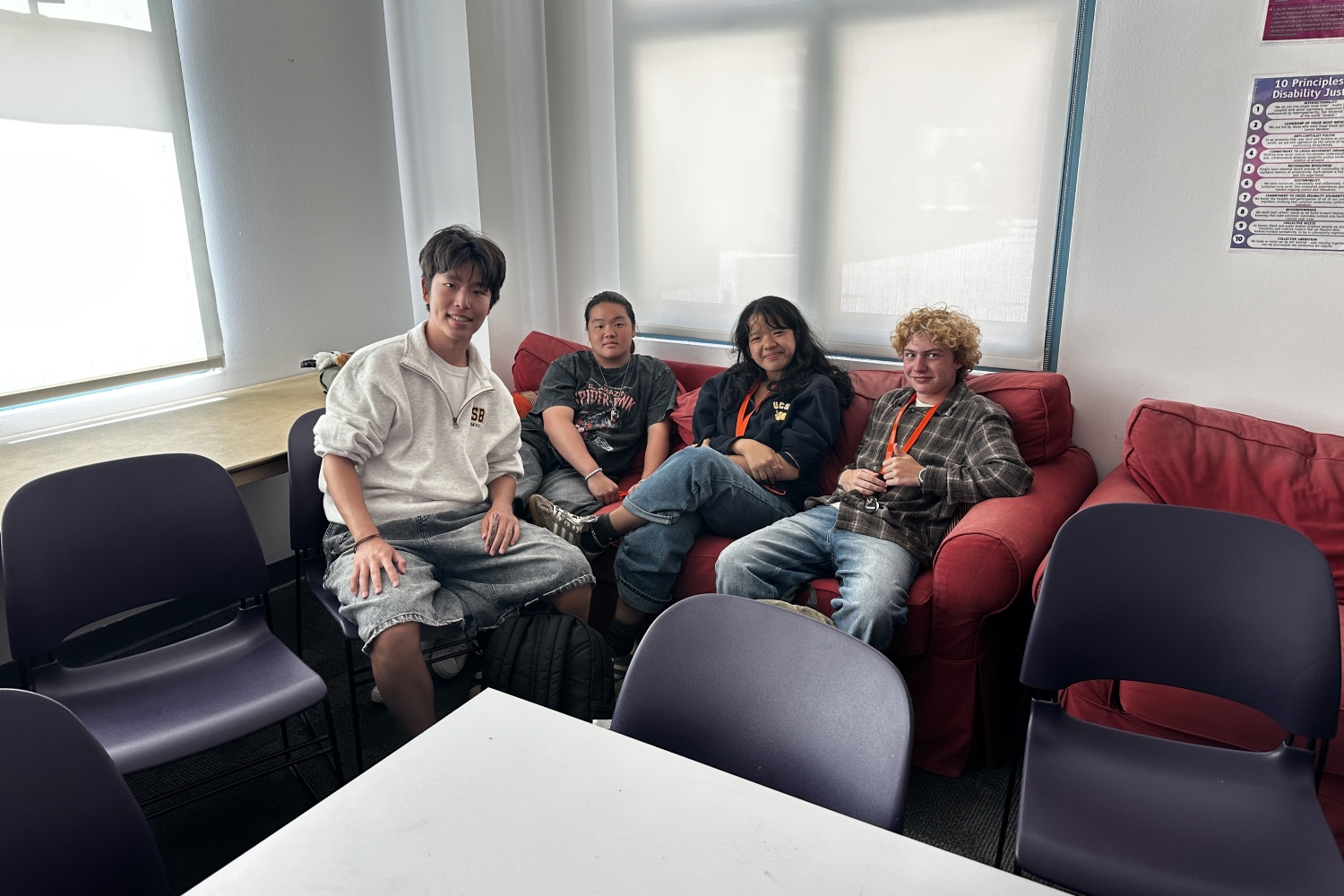Summer Springboard
Open Source Software Engineering
ACADEMIC COURSE


SIMULATE PROFESSIONAL SOFTWARE DEVELOPMENT IN AN OPEN SOURCE ENVIRONMENT WHILE LEARNING PYTHON GITHUB COLLABORATION AND REAL WORLD PROJECT WORK
Course Highlights
- Experience full-cycle project work, from kickoff through client simulation to final presentation.
- Assume diverse software engineering roles—requirements gathering, quality assurance, client meetings, and team collaboration.
- Build technical proficiency in Python, GitHub, pattern matching, JSON, CSV, Excel, and PDF tools.
- Learn how open source software like Python and Linux supports collaboration and global impact.
- Work in teams to simulate real-world development workflows and communication.
- Improve reading, writing, and organizational skills tailored to software engineering practice.
Summer Springboard
Open Source Software Engineering
Course Overview
Are you wondering what it takes to become a software engineer? This long-standing career path has not only been considered a top career for the past 20 years, but it continues to grow, adapt, and refine itself to our ever-changingworld. You can explore your options and sharpen your skills in this Open Source Software Engineering course that is derived from an onboarding session for entry-level collegiate new hires.
This course simulates work for a corporate client. Students will begin with a team project kickoff and end with a presentation of work accomplished. Students will assume the various roles of software engineers and participate in mock meetings with clients, data analysis and review, quality assurance and more as they navigate the project from start to finish.
Open source software is free to the public and may be distributed and shared, bringing us notable names such as Python, Gimp, Linux, Mozilla Firefox, WordPress, and VLC Media Player.
LEARNING OUTCOMES
Outcome #1
Understand software engineering roles and career paths, gaining insight into responsibilities and real-world expectations.
Outcome #2
Develop proficiency in industry-standard tools, including Python, GitHub, pattern matching, and data file formats.
Outcome #3
Apply collaborative development skills, simulating client projects, performing code reviews, and delivering presentations.
Outcome #4
Communicate effectively in technical contexts, enhancing documentation, organizational, and writing competence for engineering workflows.




